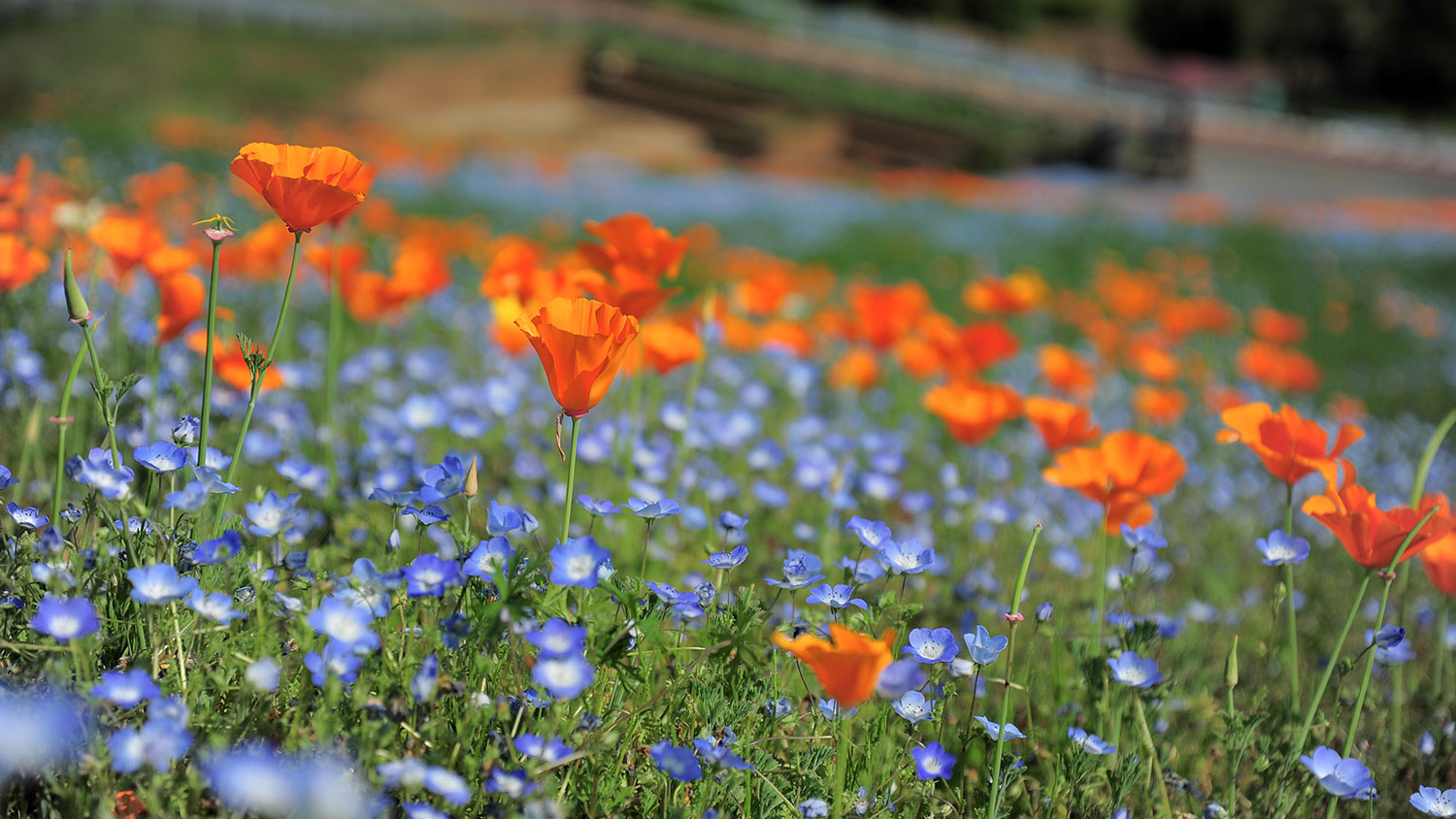Ahh, spring! Bees buzz, flowers bloom, windows are thrown open for the first time in what feels like an endless and apocalyptic winter. Life is good come spring time — and now, we could be getting it a whole lot sooner.
A new study published in journal Environmental Research Letters looked at the onset of flower blooms and leaf bursts, and found that by the end of the century, climate change could hasten spring’s arrival by an average of 23 days earlier than normal across the U.S. Thanks, climate change! And, for once, we actually mean: Thanks, climate change!
But wait. While an early spring might be great for those of us who just don’t look good in parkas, the bigger consequences are more troubling. “Our projections show that winter will be shorter — which sounds great for those of us in Wisconsin,” said Andrew Allstadt, a postdoctoral fellow at the University of Wisconsin and coauthor of the study. “But long-distance migratory birds, for example, time their migration based on day length in their winter range. They may arrive in their breeding range to find that the plant resources that they require are already gone.”
Whoops! Sorry, birds! Also bugs, crops, farmers, skiers, polar bears, seals, school children, penguins, and snowmen.
Researchers also looked at “false springs,” which are those gloriously warm days in winter that make buds pop early, only to kill them with the next hard frost. They found that while these events will decrease in some areas, they’ll increase in others.
“Plants have to get ready for cold,” wrote gardener and columnist Bill Finch. “They have to make all sorts of interior preparations — battening down the hatches, so to speak — before winter comes.” In a false spring, Finch wrote, plants are “so delirious and careless with this warm weather, it won’t take a really cold spell to do damage. Just a few hours at or below 32 degrees could do serious damage to plants that, when properly prepared for winter, could normally survive temperatures in the single digits.” And that’s a problem for us all.



